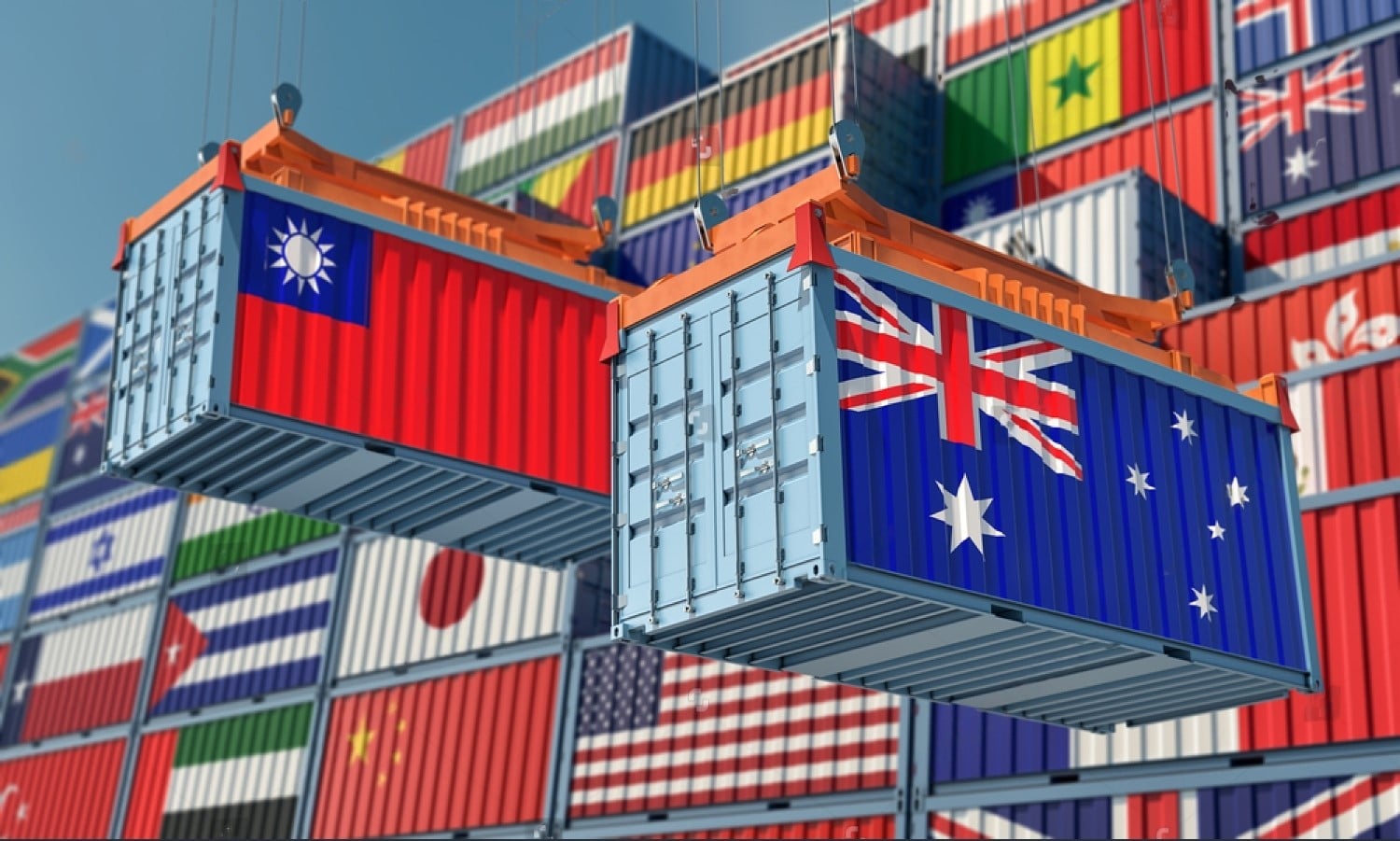
Navigating Geopolitical Challenges in the Agri-Commodity Market
By Admin | December 5, 2023
In today's interconnected global economy, geopolitics plays a crucial role in shaping the agri-commodity market. Trade wars, often fueled by political tensions and shifting economic policies, can disrupt supply chains, cause price volatility, and create uncertainty for businesses in the agriculture sector. As countries impose tariffs and restrictions, companies are left navigating a complex landscape of fluctuating prices and unpredictable market dynamics. Understanding these challenges and adopting strategic approaches is essential for businesses to thrive
One of the most immediate impacts of trade wars is supply chain disruption. Tariffs and trade restrictions hinder the free flow of agri-commodities across borders, leading to delays and even shortages. These disruptions create bottlenecks that ripple throughout the supply chain, affecting everything from production timelines to delivery schedules. Additionally, the market often reacts swiftly to political tensions, causing price volatility that can destabilize operations for producers, traders, and consumers alike. The unpredictability of prices makes it difficult to plan effectively and maintain financial stability
In response to these challenges, companies are exploring ways to adapt and find alternative solutions. One key strategy is diversification, where businesses expand their sourcing and distribution networks to reduce dependence on any single country or region. This approach minimizes the risks posed by tariffs and trade barriers, allowing companies to maintain more consistent operations even amidst geopolitical tensions. Furthermore, businesses are placing a greater emphasis on market research to stay informed about global trade policies and potential disruptions. By staying ahead of the curve, companies can make informed decisions and adjust their strategies proactively
To further enhance stability, building supply chain resilience has become a top priority. Companies are developing contingency plans and identifying alternative routes to ensure that agri-commodities continue to flow smoothly despite external pressures. This resilience is crucial in times of uncertainty, ensuring that operations can adapt quickly to evolving geopolitical circumstances. At the same time, forming partnerships and alliances with trade organizations, governments, and industry associations is becoming increasingly important. These collaborations can help advocate for fair trade policies and provide support when navigating complex trade disputes
While trade wars present clear challenges, they also offer opportunities for those businesses agile enough to adapt. Risk management tools like hedging and forward contracts are being used to combat price volatility, allowing companies to stabilize their financial outlook despite fluctuating market conditions. Moreover, innovation is key to success in this volatile environment. Companies are exploring new business models, such as vertical integration and value-added products, to reduce reliance on international trade and create more self-sustaining operations
Looking beyond individual business strategies, global cooperation between governments and international organizations is essential for mitigating the broader effects of trade wars. Constructive dialogue and coordinated efforts can help reduce tensions, establish fair trade policies, and create a more stable environment for agri-commodity businesses to operate
In a world where politics, economics, and agriculture intersect, businesses that embrace agility and innovation will not only navigate geopolitical challenges but also unlock new opportunities for growth
The agri-commodity market is intricately tied to the global political landscape, and as trade wars continue to arise, companies must be equipped with robust strategies. By diversifying supply chains, staying informed, leveraging innovation, and fostering cooperation, businesses can mitigate the risks associated with trade disputes while capitalizing on new market dynamics. The key to thriving in this uncertain environment is to remain flexible, proactive, and ready to adapt to whatever challenges may come
